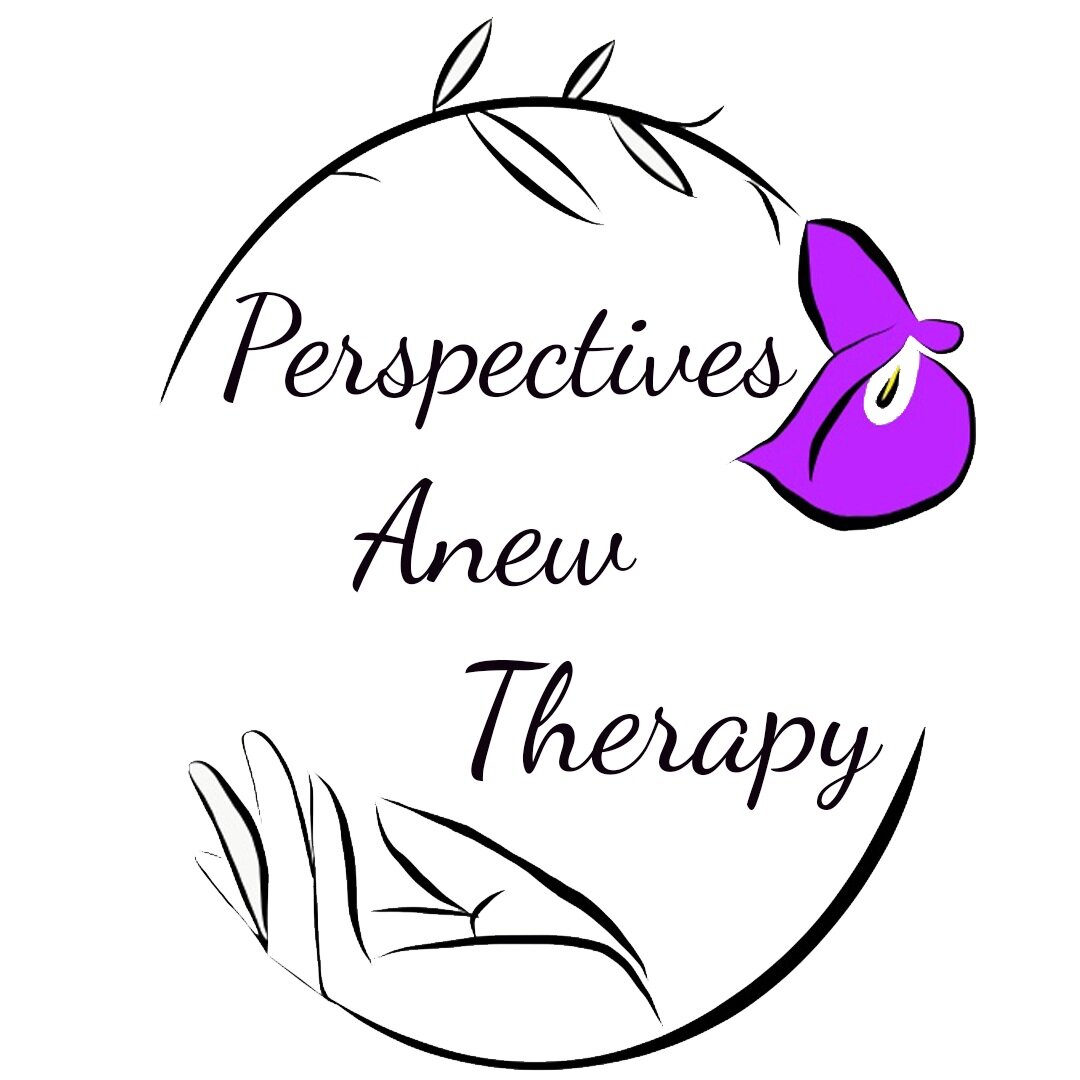Phobias
Phobias can be defined as an overwhelming and exhausting fear of an object, place, situation, feeling or animal. Phobias develop when an individual has an unrealistic sensation of danger and can become so severe that the person organizes their life around being able to avoid the root of their anxiety. In America alone there are about 19 million people that have one or more phobias that vary in severity. Typically, phobias are first seen between the ages of 15 and 20, however they can develop in early childhood. Men and women are affected equally, but men tend to seek treatment for their phobias more when compared to women.
Genetic and environmental factors impact the manifestation of a phobia and certain phobias can be linked to a negative first encounter with the feared object, situation, place, feeling or animal. Phobias are a type of anxiety disorder and symptoms include dizziness, nausea, sweating, heart palpitations, shortness of breath, trembling, and stomach issues. There are a variety of things someone can develop a phobia about, but there are two main categories: specific/simple phobias and complex phobias. Specific or simple phobias are centered around a certain object, animal, situation or activity that often develops during childhood or adolescence and tends to become less severe in adulthood. Examples of specific phobias include animal phobias, environmental phobias, situational phobias such as flying, bodily phobias such as vomit, or sexual phobias such as contracting an STI.
Complex phobias are typically more debilitating when compared to specific phobias and usually develop during adulthood. These phobias tend to be associated with a deep-rooted fear or anxiety about a situation or circumstance. The two most known complex phobias are agoraphobia and social phobia, or social anxiety disorder. People living with a phobia are usually aware of the problem and may choose to live with it, however there are treatment options available. Simple phobias can be treated by a clinician through self-exposure therapy where the client is gradually exposed to what is causing them fear and anxiety. Treatment for complex phobias include psychotherapy and cognitive behavioral therapy, additionally medications such as antidepressants or beta blockers can help with anxiety.
Source: John Hopkins Medicine, National Health Service
